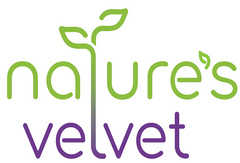Bilberry Extract - Healthy Eyes & Antioxidant
Bilberry is the richest natural sources of anthocyanin, which is an antioxidant that provides it the dark blue color. Natures Velvet* Bilberry Softgels are made from Extract of Bilberries (Vaccinium myrtillus) fruit.

Maintain Immunity
It helps in maintaining Immunity. It is useful for the maintenance of eye health.













